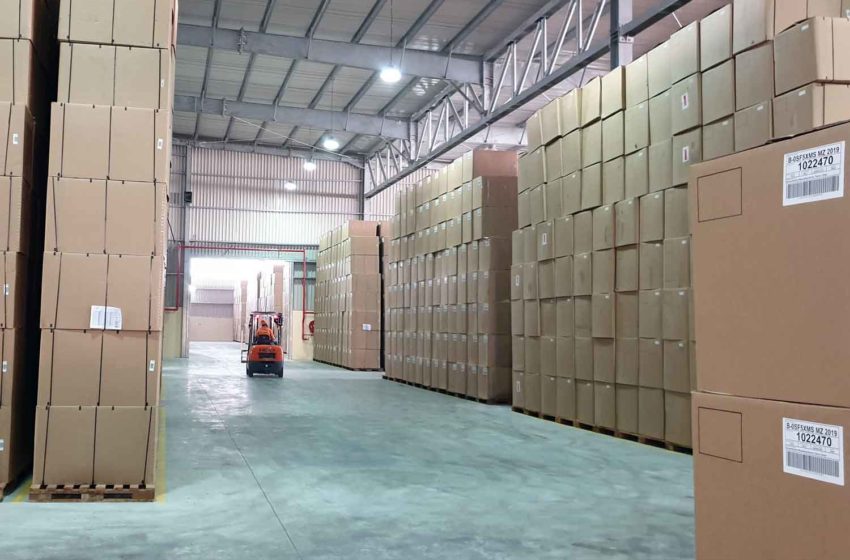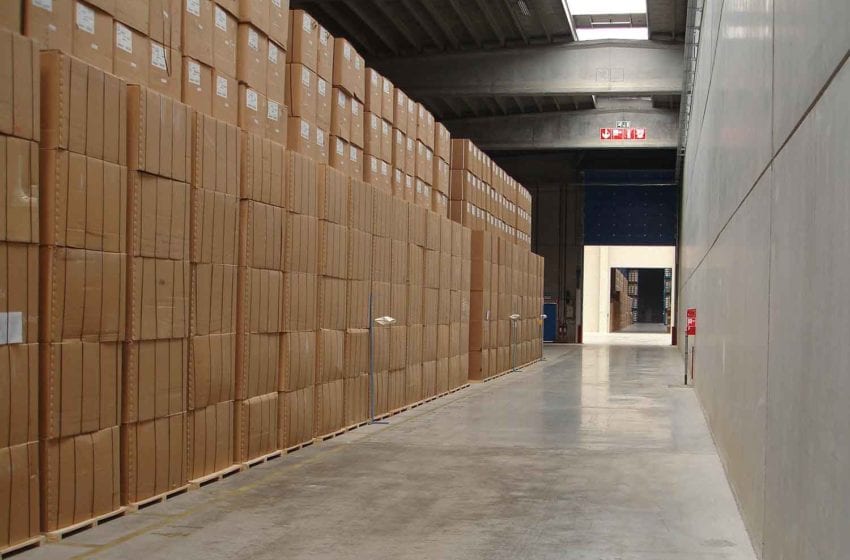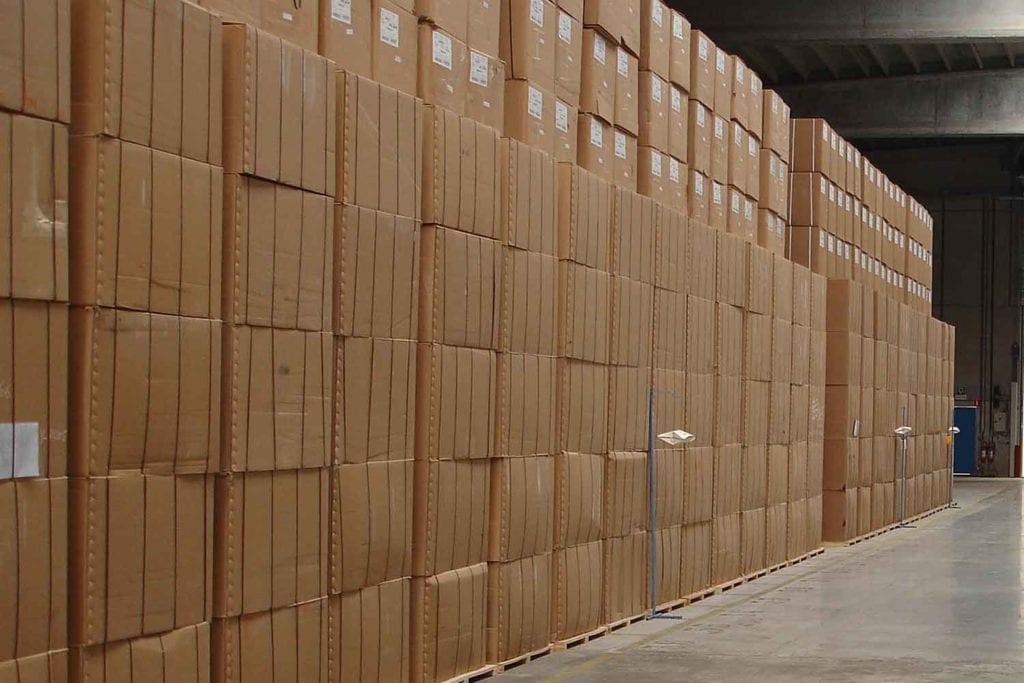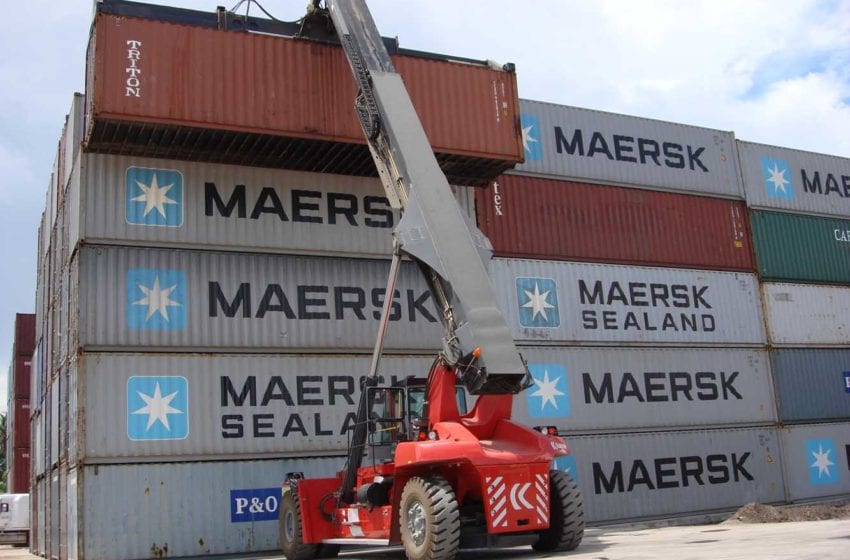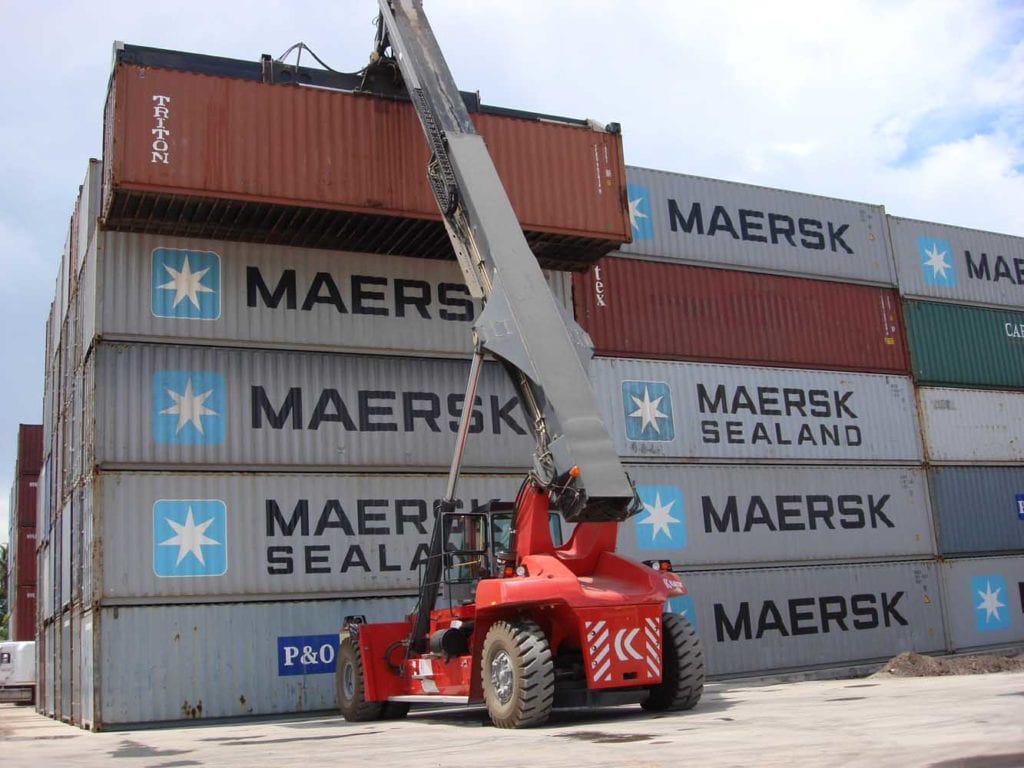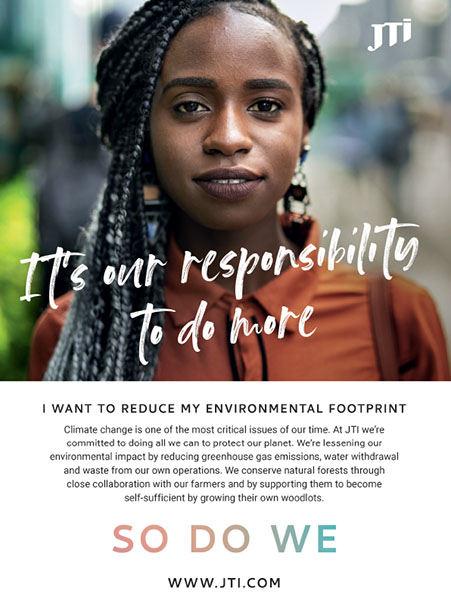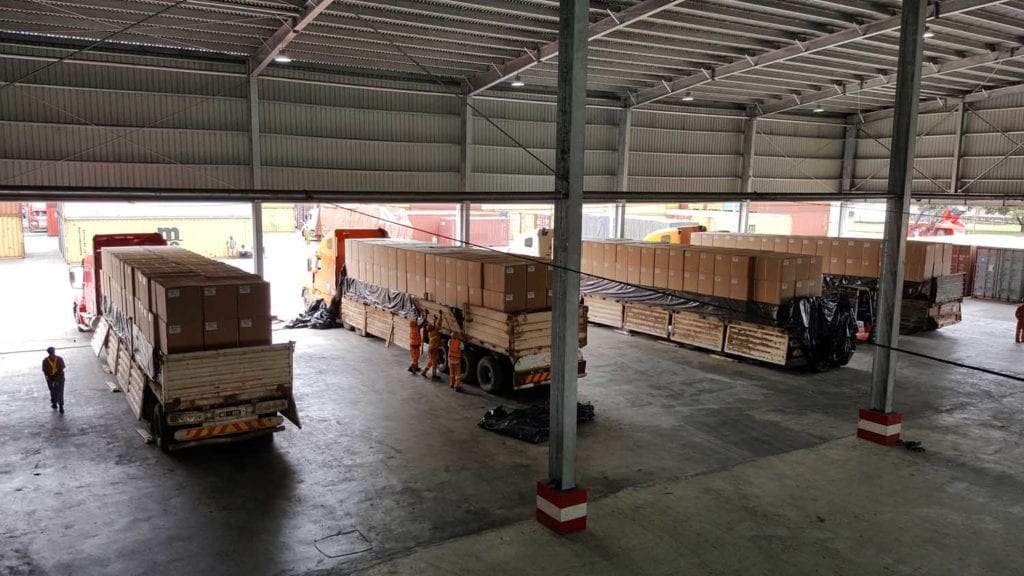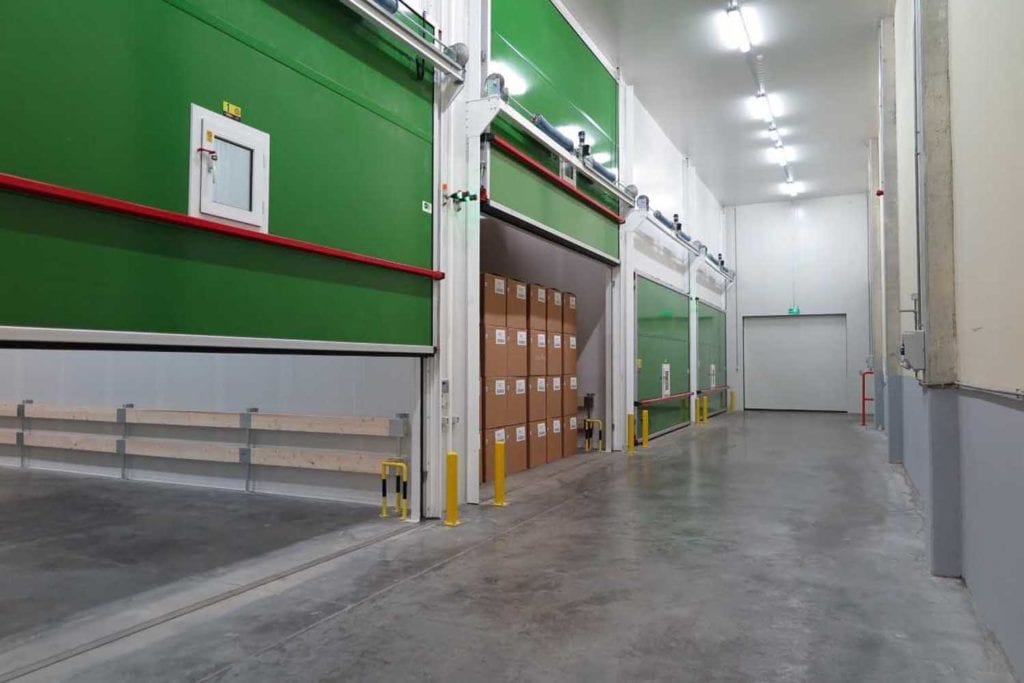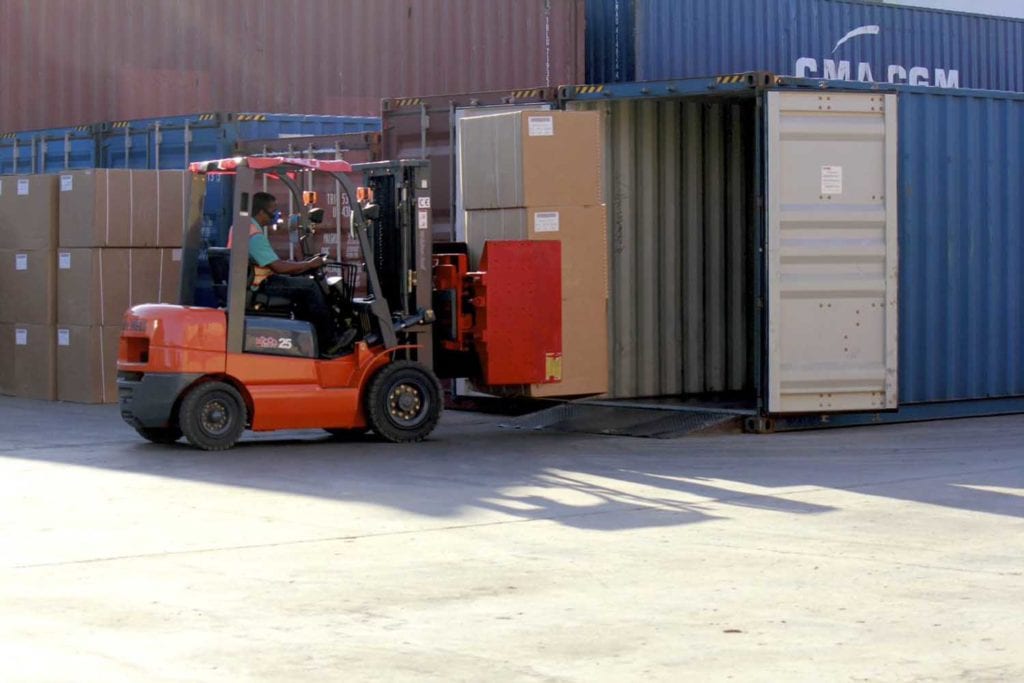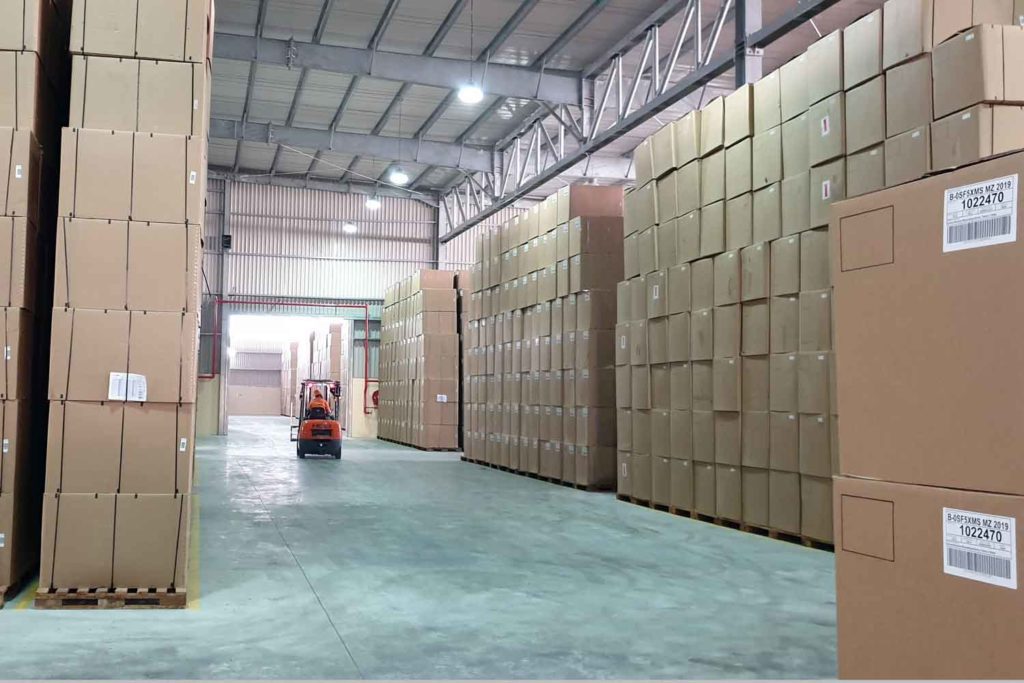
The Covid-19 pandemic continues to disrupt tobacco shipments and storage.
By Stefanie Rossel
While the tobacco industry, famed for its resilience, has fared comparatively well during the Covid-19 pandemic, an essential part of the business continues to face challenges: the segment specialized in the shipment and storage of leaf tobacco.
The outbreak of the coronavirus severely disrupted the global supply chain, leading to a persistent worldwide shortage of containers. As the pandemic spread from Asia, many countries enacted lockdowns, thereby halting economic movements and production. Temporary factory closures caused large numbers of containers to pile up at ports. Carriers reduced the number of vessels to control costs and avoid the erosion of shipping rates. Such moves strangled import and exports. Consequently, empty containers were no longer picked.
This problem especially affected Asian traders who couldn’t retrieve containers from North America. When Asia’s economy started recovering and China resumed exports even as other countries were still dealing with restrictions, a reduced workforce and minimal production, almost all remaining containers in Asia headed out to Europe and North America, but they failed to return quickly enough for the next shipments.
In the U.S., which is also struggling with labor shortages and more complicated customs procedures due to stricter border controls, containers began to pile up. According to Hillebrand Freight Forwarding, out of every 100 containers that arrive in the U.S., only 40 are returning to Asia, with the remainder accumulating in ports and storage facilities.
A global slowdown in container production due to the Covid-19 pandemic as well as raw material shortages have added to the crisis, as have Covid-19-related port closures. In July 2021, only 36 percent of ships arrived on time, according to Invest Monitor. Unsurprisingly, the costs of transporting goods by container ship have gone through the roof over the past two years.
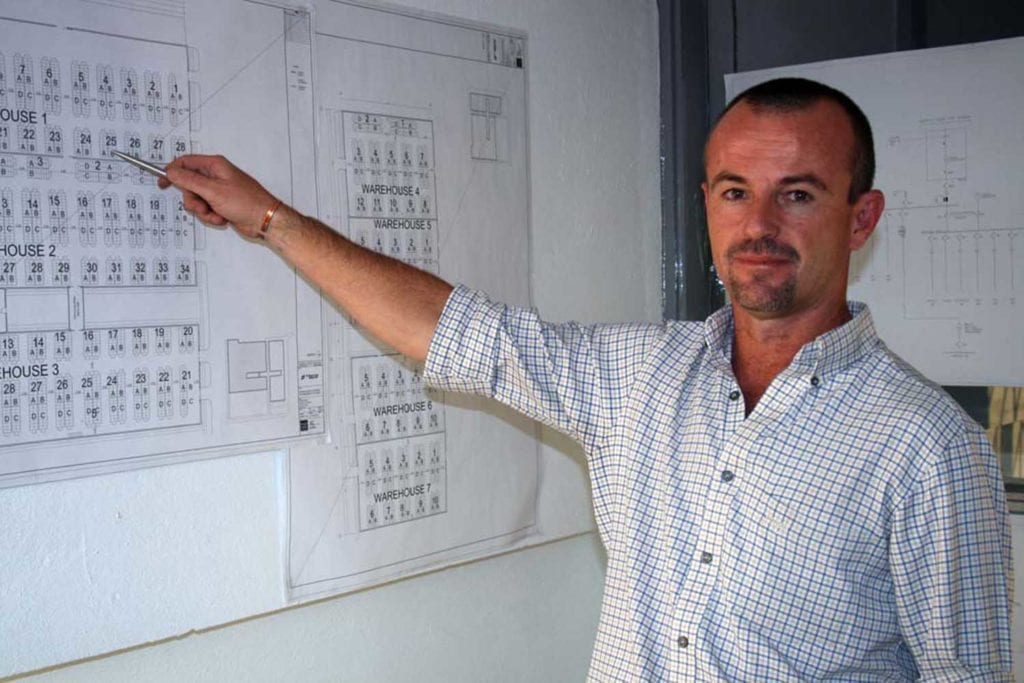
Limited Availability, Exploding Rates


For logistics and storage providers, the situation remains serious. “Our biggest challenge has been obtaining suitable equipment for packing and shipping,” says Guy Harvey, CEO of Transcom Sharaf Group, which is headquartered in Beira, Mozambique. “With reduced vessel callings caused by congestion, slower container turnarounds and reduced imports, it has been a struggle to find enough containers. Some shipping lines prioritized the evacuation of containers to Asia to take advantage of the inflated ocean freight charges and high demand. The increased demand for empty containers also meant empty container free days were drastically reduced and detention charges increased. The reduced vessel callings have made it extremely difficult not to incur demurrage and detention by the time the vessels arrive and sail.”
Susceptible to pests and diseases, leaf tobacco is a demanding good to transport and store. “The lack of containers has also meant we have had to lower the high standards we set for tobacco grade containers and have had to heavily invest and incur cost upgrading containers ourselves and in partnership with the lines,” Harvey continues. “With fewer vessel callings, shipping has been slower; we have gone from four or eight vessels a month to two at best. Two of the bigger lines have had limited or zero space availability at all to Europe for most of the season due to congestion at their transshipment hubs and overbooking on their European routes. This has meant more pressure has been placed on one shipping line to export the tobacco and reduced competition that affects service delivery and pricing. We have seen transit times to destination more than double as well and often extended dwell times in less-than-satisfactory ports where cross-infestation of tobacco beetle is highly prevalent from past experiences.”
Kyle Kok, account executive for tobacco at Andromeda Forwarding and Logistics of Rotterdam, Netherlands, hopes that space will free up on vessels by the end of January or in February when the crunch in cargo from the holiday season is out of the way.
“However, please note that shipowners will not reduce their rates any time soon. What we also have noticed during this pandemic is that many shipowners have their personnel work from home, which does not result into a better productivity, getting answers or even making quick bookings.”
Lisa Rautenbach, Andromeda’s manager of the tobacco department, estimates that since the beginning of 2020, shipping rates have increased by a factor of five to seven. “But this also differs from which route is being undertaken. For example, cargo to the USA has increased by 530 percent since the beginning of this year.”
Harvey has seen the cost go up 10-fold on certain routes and in response has reduced orders for shipments to certain destinations. “The limited options and flexibility to some destinations being monopolized by one shipping line has caused costs to spiral,” he says.
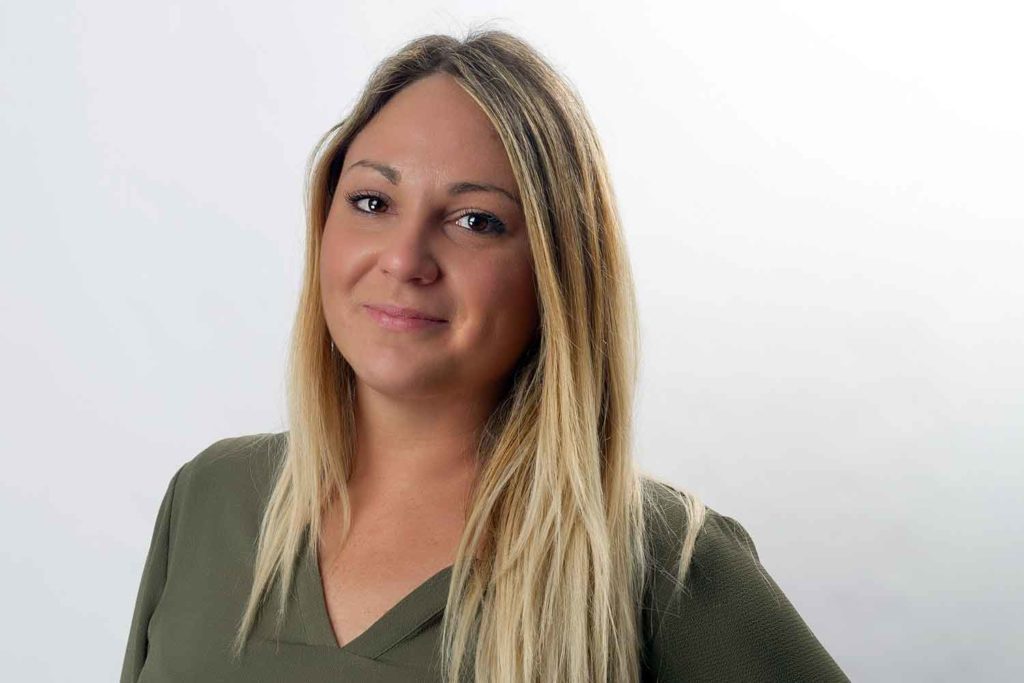

Increased Need for Storage
Transcom Sharaf and Andromeda Forwarding have been looking for ways to avoid the chaos that currently plagues global supply chains. “We have seen a lot of traditional routes, such as Durban, move back to Beira in some cases and vice versa, where often the decision is based purely on container availability at any given time,” notes Harvey. “Due to the lack of containers in the hinterland, there has been a huge increase in break bulk tobacco to the ports for containerization, which has also led to a bigger and longer storage requirement. We are fortunate that tobacco is a high-value commodity for the region, and as such, we can get some sort of priority on vessel space allocation, but again, it is dependent on container availability.”
“Vessels remains fully booked as the shortage of containers remains,” observes Andromeda’s director, Bart Brouwerens. “We are looking for all and any options, not only via the regular lines but also via outsiders with smaller vessels, which also want to take part in this market with these high freight rates! Furthermore, Andromeda tries to look at every shipment from every angle, truck/barge/rail connections, etc.”
To handle the bottlenecks in ports and longer-than-usual storage periods, Andromeda has secured some guaranteed space at certain lines and for certain vessels, Rautenbach explains. But this comes at a price. If forwarders and their clients are unwilling to pay such premiums, shippers may very well delay the shipment or roll the cargo onto another vessel in favor of more profitable cargo.
Harvey says that Transcom Sharaf has sufficient storage capacity. “But we also had lower-than-average production in the region this year—at the right time for us, fortunately. There have been some tense moments, though; we have had to re-look at the one-third to two-thirds split on container storage space versus warehouse space and will put this into our future development plans now that we have seen how fragile the supply chain can be. We are fortunate to work so closely with our clients and plan openly and accurately on all our movements and timings—without these relationships and the communication lines, the season would have been extremely problematic. We have to forecast months in advance in order to position sufficient empty containers in time.”
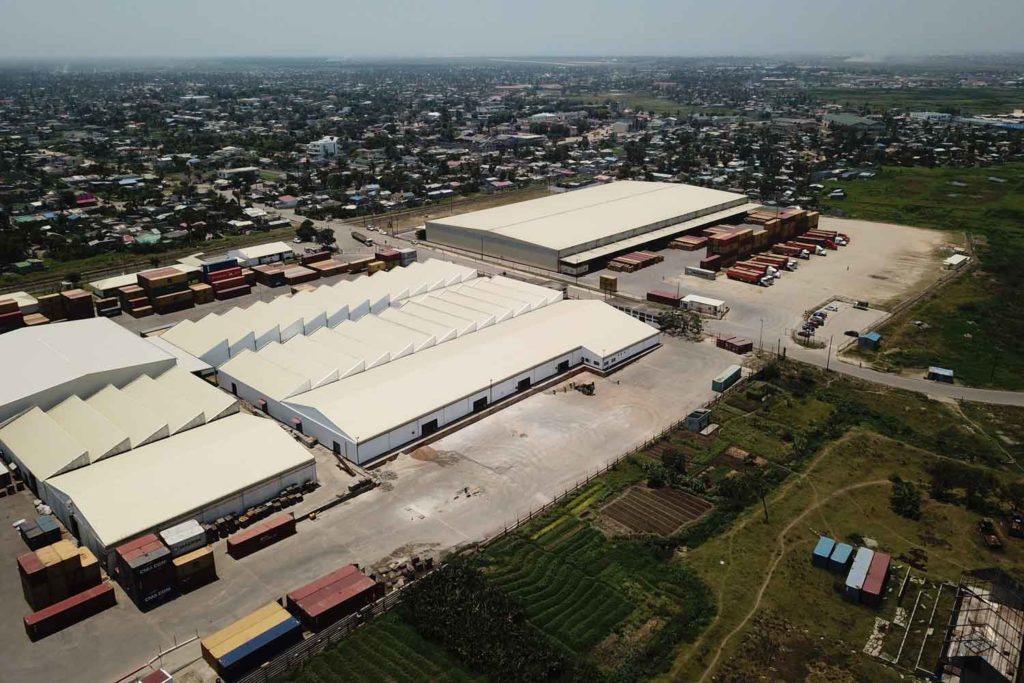

Uncertain Future
Just-in-time delivery is virtually impossible nowadays, or available only at premium rates, according to Brouwerens. Andromeda advises its clients to have loading schedules ready as soon as possible in order to reserve space well ahead of the shipping date. “At this stage, we are being forced into a situation that we offer cheap warehousing space in, among other [locations], Antwerp and Dubai and in any city requested via our vast agency network,” he says. “This [is] only because of the unreliability of the services the major shipping lines offer.”
Brouwerens adds that, regretfully, Andromeda must uphold its credit agreements with its clients strictly as rates are rising considerably. “Shipping lines demand payment either directly or after 14 days,” he says. “If we pay late, shipping lines will cancel the aforesaid 14 days immediately and will fine you with an additional percentage. This all has taken a part of the joy of good communication with lines away, but we, therefore, enjoy extra the good relation we have with our clients and will do so for many years to come.”
Despite disrupted leaf tobacco deliveries, Harvey expects the big tobacco companies to avoid the experience of the automotive industry, which has been struggling with a shortage of semi-conductors. “Despite the challenges, we have managed to meet our scheduled deliveries fairly well under the circumstances,” he says.
“I do not see the bigger players being affected or lacking leaf from this region during the current season. However, smaller buyers may definitely face challenges similar to [those of] the automotive industry. Those sourcing from other origins may also be negatively impacted where other commodities may be prioritized above tobacco. Should the situation deteriorate further, there will be an impact on all our customers. If production volumes increase substantially next year, this would also create further disruptions in the current supply chain.”



